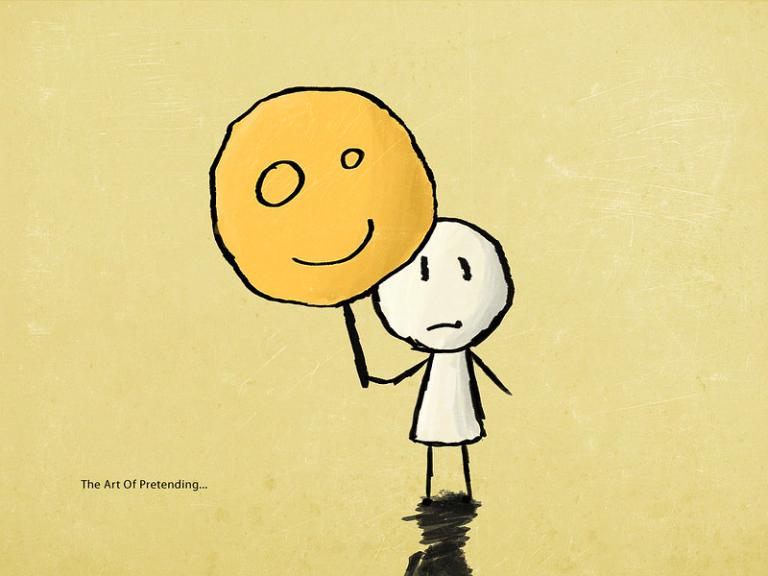It isn’t just that people’s beliefs and desires are shaped by social pressure. Social pressure often makes people pretend to believe and desire things, when actually they don’t. This phenomenon is called “preference falsification.”
Economist Timur Kuran wrote a book on the subject published by Harvard University Press in 1998 entitled Private Truths, Public Lies: The Social Consequences of Preference Falsification .
The Wall Street Journal‘s James Freeman calls attention to that work in his op-ed piece “‘Merit Is No Longer Evil’ “with the deck “Is DEI vulnerable to sudden collapse?” (behind a paywall). He quotes this from the book’s editorial description:
Preference falsification, according to the economist Timur Kuran, is the act of misrepresenting one’s wants under perceived social pressures…
A common effect of preference falsification is the preservation of widely disliked structures. Another is the conferment of an aura of stability on structures vulnerable to sudden collapse. When the support of a policy, tradition, or regime is largely contrived, a minor event may activate a bandwagon that generates massive yet unanticipated change.
In distorting public opinion, preference falsification also corrupts public discourse and, hence, human knowledge.
To give an example, under the Soviet Union, virtually everyone in power affirmed their love for Communism. So Communism seemed to be well-entrenched and stable. Privately, though, even members of the Party disliked it. But with the Wall coming down in East Germany and other protests in Iron Curtain countries, Soviet citizens had a social permission to express how they really felt. The “bandwagon” of dissent led to the “sudden collapse” of Soviet Communism.
Freeman reports that Kuran, of Duke University, is now applying the concept to the “Diversity, Equity, Inclusion” ideology that has been dominating academia, as well as large swaths of the business world. From Kuran’s X account (my paragraphing):
Preference falsification has been central to the trajectory of DEI. People who abhor DEI principles and methods came to favor these publicly through a preference cascade. Every instance of preference falsification induced others to pretend they consider DEI just, efficient, beneficial to marginalized groups, etc. In time, a false consensus effectively displaced the search for truth as the university’s core mission, replacing it with DEI.
Most professors watched in concealed horror the transfer of enormous powers from themselves to rapidly growing DEI bureaucracies. In countless contexts, they endorsed policies they considered harmful, participated in the defamation of scholars they admired, and sheepishly submitted to DEI training—all to be left alone, to avoid being called racist, to advance their careers.
But the resulting equilibrium was self-undermining. In emboldening DEI officials, it increased privately felt anger and resentment. The stage was set for a preference cascade in reverse.
The shock that unleashed the ongoing cascade in reverse was the Hamas massacres of October 7. The chain of events that they triggered in the U.S.—anti-Jewish demonstrations, the Congressional hearings, the plagiarism revelations—brought to the surface outrage that had been building up quietly for years. As public criticism of DEI grew, and as it became clear that broad segments of the left share the outrage, the DEI-favoring false consensus disintegrated.
The process is by no means over. As preference falsification on DEI continues to diminish, more scholars and administrators will find in themselves the courage to stand up for values that they truly believe in. Though the DEI complex will fight back, it won’t be easy to quash the honest discourse finally under way. Public critics of DEI know they aren’t alone.
We shall see if DEI becomes unravelled on college campuses. And if there will be a similar collapse of “preference falsification” in regards to transgenderism and other shibboleths of woke ideology.
Illustration: The Art of Pretending by Enkhtuvshin via Flickr, CC by 2.0
https://creativecommons.org/licenses/by/2.0/












